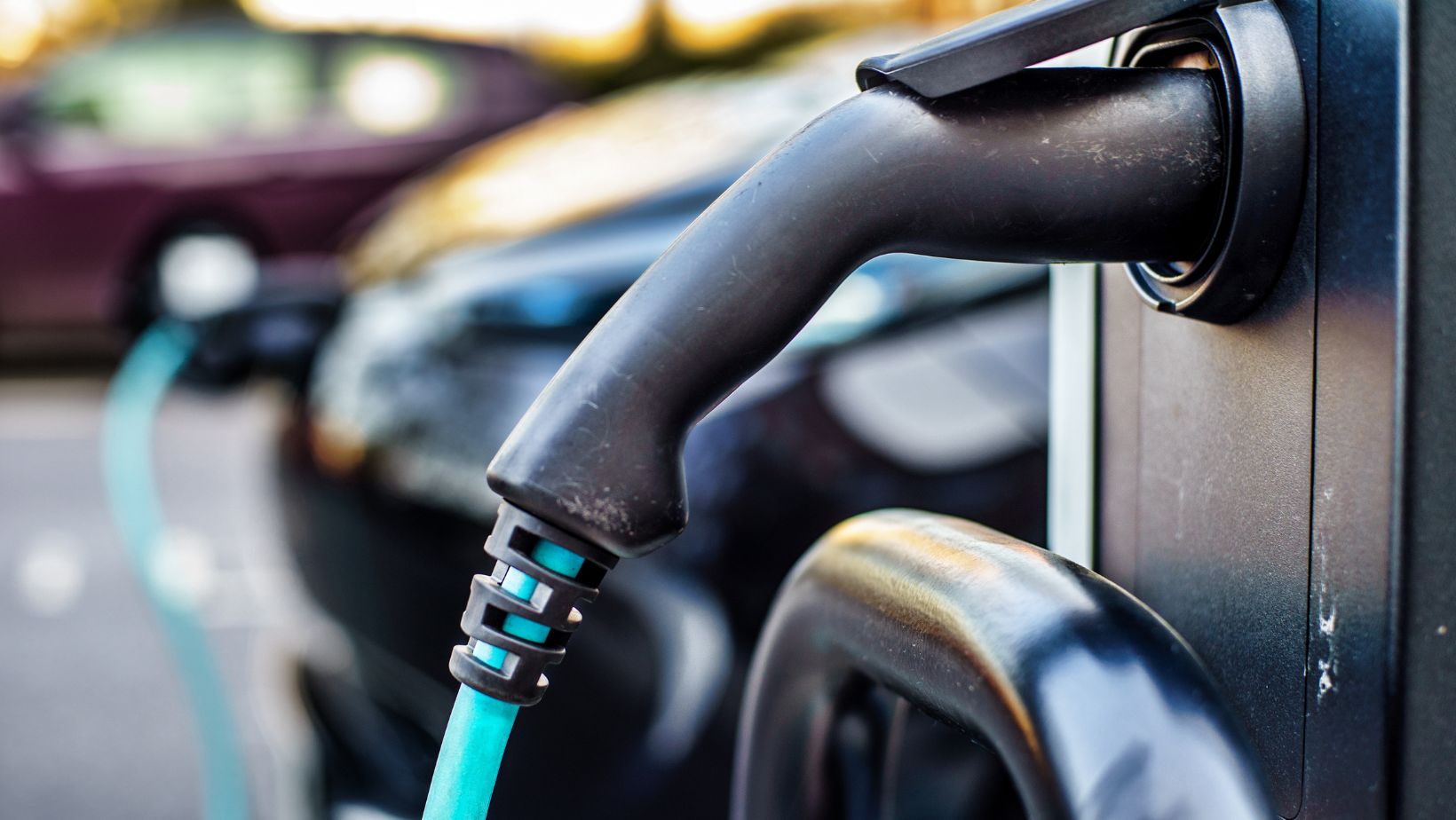How we store and use energy is being transformed at lightning speed, and electric cars are at the forefront. Although everyone tends to think of electric cars as substitutes for fossil-fueled vehicles, their purpose extends far beyond getting us where we need to go. The batteries that they contain, designed to store energy in high quantities, are leading to new breakthroughs in managing energy. This has generated a whole new field of interest in electric car battery storage, which is revolutionizing the way that businesses, householders, and communities perceive energy consumption, cost savings, and sustainability.
The Role of Energy Storage
Energy storage has existed as an aspect of modern living from the very start of history, but the technology being used is shifting. Previous storage methods, such as huge power plants or back-up generators, are employed to meet demand but come with efficiency and environmental concerns. With greater popularity from renewable sources, like wind and sun power, comes the requirement for solutions that will help offset supply swings. The sun does not always shine, and the wind does not always blow.
This is where battery technology for electric cars has entered the spotlight. The same battery that powers vehicles on the highway can be utilized to power homes and businesses, storing energy generated from renewable resources for use down the road. This idea unites the car world with the greater energy world, opening up possibilities beyond the automobile.
Decreasing Pressure on the Grid
Maybe the best part of electric vehicle battery storage is that it has the ability to reduce the load on traditional energy grids. Power grids become stressed during peak periods, such as when people drive home in the evening and electricity consumption peaks. Traditional wisdom is that this would have to be served by constructing more fossil fuel-based power plants, which means higher emissions and costs.
But under V2G technology, electric cars can be charged at night and feed electricity during peak hours. This results in an improved balance and greener energy mix. With all the electric cars connected to the grid, communities can save stress on the network and avoid expensive upgrade or building new power plants.
Saving Consumers’ Energy Costs
For the consumer, gains aren’t only environmental but also financial. The majority of solar panel homeowners do not have any idea what to make of the electricity produced. In the absence of storage units, the majority of the excess energy is wasted or sold to the grid at lower prices. By integrating an electric vehicle into a house’s energy system, excess energy can be saved and used whenever required, reducing the reliance on grid electricity during peak hours when the price is higher.
In the long term, this will cost a lot of energy bills. Instead of being a single mode of transportation, the car is an individual energy storage system. This added capability makes electric vehicle investment increasingly appealing, particularly for families who want to maximize savings and sustainability.
Promoting Renewable Energy Development
A major benefit is the complementarity of electric vehicle battery storage to the use of renewable energy. Perhaps the strongest case against the use of renewable energy has been its intermittency. Without a means to capture power in the off-peak times, renewable generators have no way to provide a steady source of power at all times. Batteries resolve this issue directly by saving the excess.
With more people using electric vehicles, overall storage capacity increases dramatically. Being a decentralized system of storage, it can stabilize renewable power sources and, therefore, is an ever safer option for large power needs. In the long run, this convinces governments and businesses to invest more in solar and wind power initiatives, speeding up the process of cleaning up towards a cleaner future even more.
Driving Innovation Across Industries
Developing electric vehicle battery storage is not about making cars more practical alone but also about driving innovation in numerous industries. There is collaboration among policymakers, tech makers, utility providers and automakers for the purpose of designing systems as efficiently as possible. This cooperation is driving innovation in smart grid technology, charging systems and recycling procedures for batteries.
In particular, second-life applications of electric vehicle batteries are gaining ground. Once the battery is no longer apt for application within a vehicle, it retains sufficient capacity that it can be employed for stationary energy storage. Recycling the batteries extends their lifespan and reduces waste, strengthening the circular economy. Consumer and environment alike are both supported by such innovation since utilization of resources becomes more responsible.
Preparations for a Sustainable Future
As the world moves in the direction of sustainability, storage of energy cannot be emphasized enough. Electric vehicle battery storage is a future sense that links transportation, energy management and environment stewardship. It empowers individuals to be more capable, empowers neighborhoods and enhances infrastructure while contributing to cleaner energy systems.
The move to electric vehicles is perhaps set in terms of a way to cut transport emissions, but the bigger picture is more interesting. If we consider cars to be transponding batteries, we establish an entire package of possibilities for thinking differently about energy production, transmission and consumption. This systems thinking is what will ultimately shape the next era of energy innovation.
From taking the pressure off the grid to facilitating development in renewable energy and lowering the cost of energy, the advantages are clear. The ability to take existing batteries and reuse, recycle and integrate them into a larger energy system is an industry innovation snowball effect. It brings us one step closer to having a sustainable future where clean energy is cheap, clean and accessible to all.
By embracing the potential of electric car batteries as more than simply a means of transportation, we take an important stride towards energy freedom and sustainability. The future is not just about cars—it is about building brighter, cleaner and stronger communities driven by innovation.


